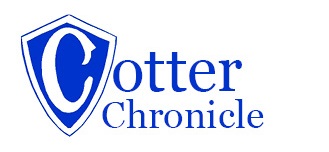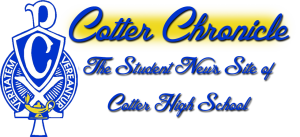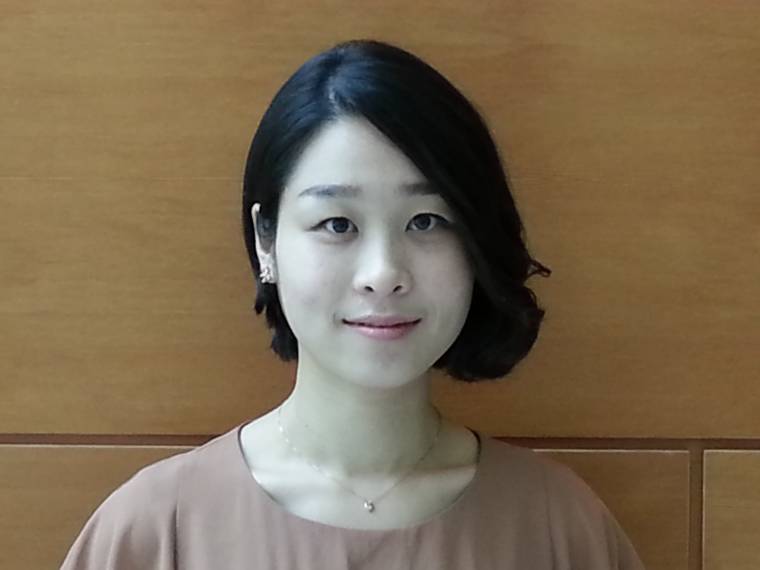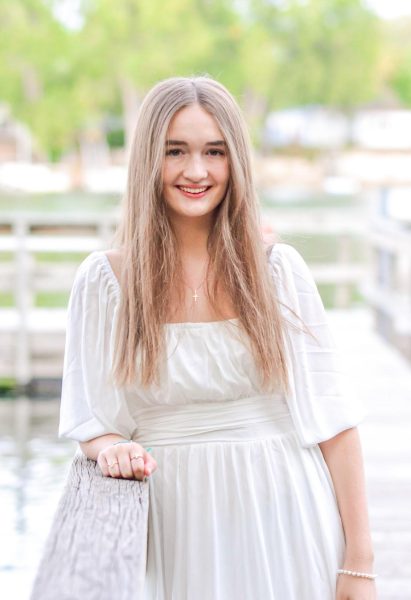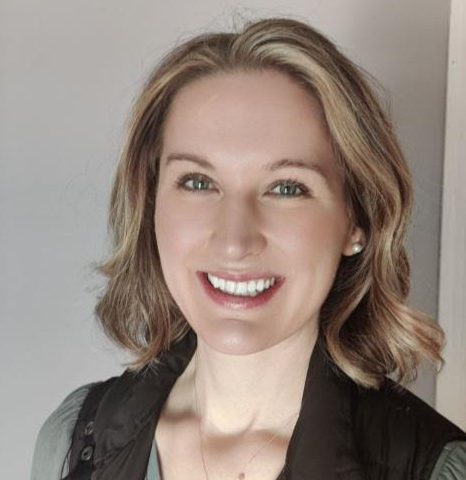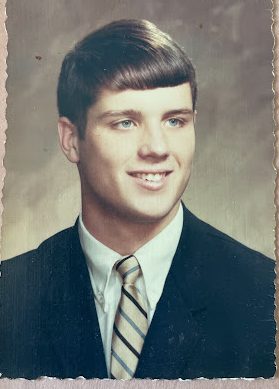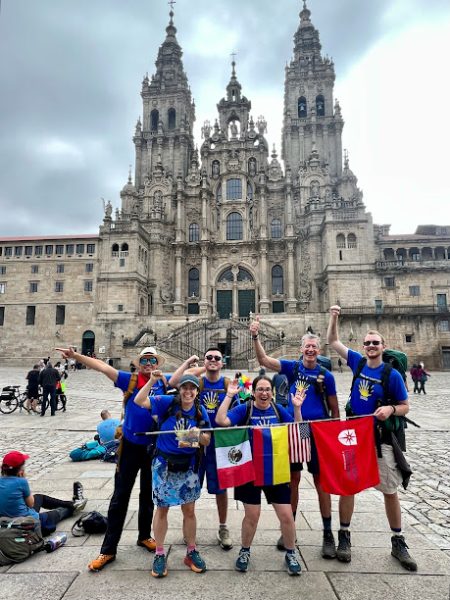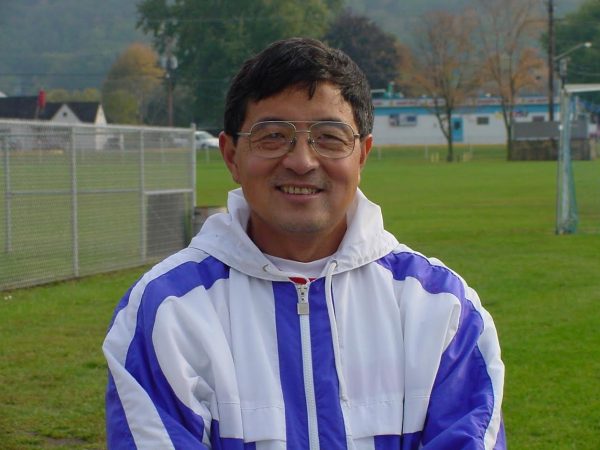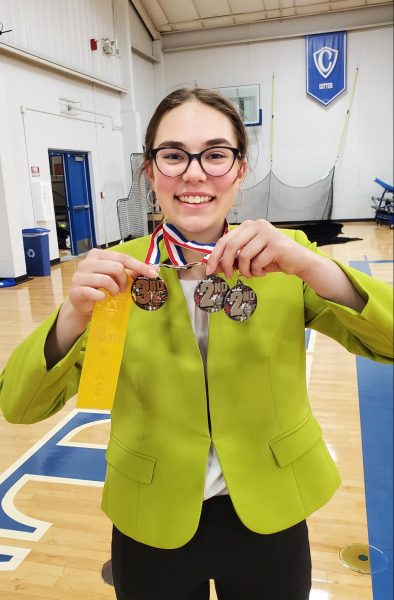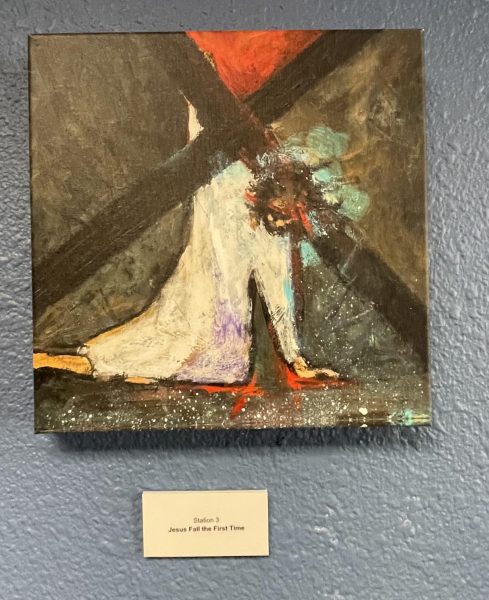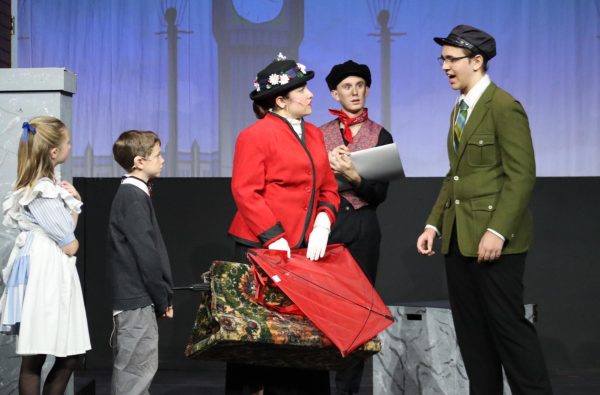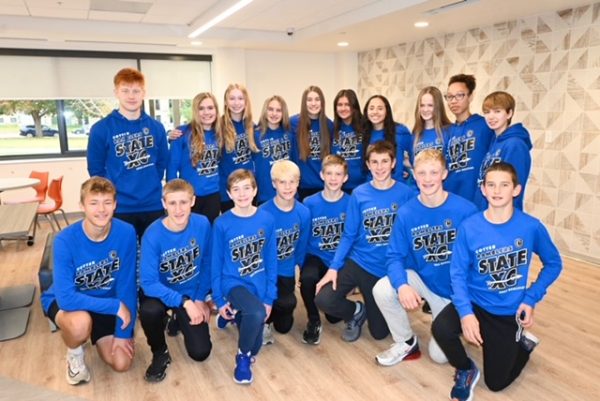Jiyoung Won — From School to Work
Most international students that graduate from Cotter go to a university and, after graduation, return to their home country to start their career.
Jiyoung (Jocelyn) Won, a 2008 Cotter graduate, from Seoul, Korea, is one who has taken a different path.
After leaving Cotter, Jiyoung enrolled at the University of Missouri, in Columbia, Missouri, and earned a journalism degree, which she is now putting to use at her job.
I had the chance to ask her some questions about her experience at Cotter and beyond, here is what she had to say:
What is your current position?
“I am the communications coordinator of the American Society of News Editors (ASNE), a non-profit professional organization founded in 1922 that focuses on leadership and journalism-
related issues. You can learn more about ASNE here: asne.org.”
What do you like about your job?
“As communications coordinator, I provide content to ASNE members (mostly top editors, managing editors of news organizations around the country, deans and professors of journalism schools) by writing weekly newsletters and press releases. I’m also responsible for helping increase membership, which I consider as more of a PR/marketing aspect of this job. I write to possible members, analyze membership data, run the website asne.org (design banners) and update the comings and goings of senior editors around the country. In addition, I plan and coordinate events/projects, including the ASNE Awards, the Census, small conferences and the annual convention. As you can see, I have many responsibilities on a daily, as well as a long-term, basis. I like that this job gives me the opportunity to work on a little bit of every part of journalism. It’s writing, editing, designing and PR.
How did you become interested in journalism?
“My initial interest in journalism was probably when I was an eighth grader in Korea. At the time, everyone was trying to come up with his or her dream job, and for me it happened to be becoming an anchor woman. No particular or interesting reason, but I thought I would be a good anchor because growing up I felt confident in public speaking and writing. I would say my interest in journalism grew more after this one incident during my junior year at Cotter. A reporter at one of the papers in Winona covered the life of international students at Cotter ,and she misquoted my answer to her question: how’s the dining food? As a picky eater, I gave her both positive and negative comments, but all she included in the story was “The food is terrible.” I had to explain to then President Junker and others that the quote was not correct and that the reporter completely cut out the context of my interview. I was angry, but at the same time, this incident helped me learn the importance of fact-checking and credibility. I told myself many times that I would become a journalist who performs accurate journalism and respects her sources.”
What sorts of writing experience did you have at University of Missouri?
“I have written articles (news stories), personal (reflection) essays, research papers, critiques,blogs, etc. Reporting and writing at the Columbia Missourian, a local, daily newspaper published by students and faculty of the Missouri School of Journalism, stands out among the other writing experiences. To fulfill one of the first journalism program requirements, I worked at the paper as a general assignment reporter in the summer of 2010 and wrote about 20 articles ranging from hard news, features, life stories and press releases.”
How is the University of Missouri journalism program?
“The Missouri School of Journalism is known for the Missouri Method. It combines a liberal arts education with hands-on training in professional media. Real-world media experience is part of the curriculum for every journalism student whether he or she studies print and digital news, broadcast, photojournalism, convergence, magazine or advertising and PR. Students receive class credits and gain work experience by working at various professional media organizations depending on their program sequence. As a print and digital news major, I worked at the ColumbiaMissourian as a reporter, copy editor and news designer. I think the Missouri Method helps students get more prepared as a young professional in the field of journalism. Students graduate with a good amount of published work.”
What sort of skills does it emphasize?
“Each sequence requires different skills, but news reporting and writing is the most basic skill required for every journalism student because it is essential in every aspect of journalism. For example, you might think writing doesn’t matter in photojournalism, but it is actually important because a strong photojournalist must be able to write a strong caption. A class called “News Reporting” is mandatory for all journalism students during their second year of study before they choose their sequence.”
Was it difficult to find work in the US as an international graduate?
“Frankly speaking, it was not easy at all because no matter how competitive a candidate I was or how impressive I was during the interview, I always had to face the huge barrier that U.S.citizens don’t even have to worry about — that is asking the potential employer to be a sponsor of a work visa. This is difficult because being a sponsor costs U.S. employers money and time to fill out all the paperwork and file petitions to the government. In a way it makes sense that they would rather hire someone who is a permanent resident or a citizen. In fact, a newspaperin Virginia turned me down because it couldn’t afford to pay for my visa, or I should say it was afraid of going through the whole process as it told me the paper had no experience in hiringan international employee. Sorry my answer is depressing, but I can say that there are U.S.employers that value diversity and various backgrounds when they look for potential employees. My current boss is one of them as a matter of fact. I can also say from my past experiences as an international student that those who work hard and move forward will eventually find their way.”
What do you remember about your time at Cotter?
“What I miss the most from Cotter are the relationships and connections I had with friends and teachers. I loved the international-friendly environment there and being a part of the Cotter community.”
Do your experiences at Cotter help you in current life?
“YES! Academically, Cotter improved my English skills (especially writing). Writing research papers both junior and senior year of Cotter helped tremendously with writing at college. Because I was used to the style of research paper writing, I was able to outline and structure my college papers more easily. Outside of academics, Cotter taught me social skills — how to communicate with people and understand different perspectives and cultures. I would say living in the dormitory at such an early age was a big help as well.”
How many years were you at Cotter or in the US?
“I attended Cotter for three years from 2005-08. I’ve been in the states since 2004 (with the exception of 2011-12, the year I went back to Korea for an internship). For 2004-04, I was an exchange student in Oregon.”
Why did you decide to not go back to your hometown?
It’s not so much that I decided not to go back to Korea, but it’s more that I wanted to work in the States. In other words, I wanted to have work experience in the states because in a way that was one of the small goals I had as an international student here for so long. There are things I had to give up — most importantly my family and friends back in Korea — when I came to the States by myself at a young age. I came because my initial goal was to study abroad and learnEnglish. Achieving this goal through the education at Cotter and the University of Missouri, I made my next goal to be a career woman in the US, the country in which I spent most of my adolescence. Who knows what’s ahead of me in the next couple years, but I hope I can learn as much as I can from my current position.”
What would your advice to current Cotter students be?
-“I may sound cliche, but I have liked to tell myself that impossible is nothing and nothing is impossible. A lot of people in Korea think and say getting a job in the states is almost impossible for a non-U.S. citizen unless he/she graduates with a doctorate and becomes a scholar. I agree it is difficult, but I say it is possible. It is possible regardless of your degree as long as you set your goal and keep moving forward to reach that goal. Your motivation is higher when you have a specific goal in your mind. Finally, I’d like to end with a quote to which I was recently introduced and quickly attached. “Ever tried. Ever failed. No matter. Try again. Fail again. Fail better.” – Samuel Beckett.”
